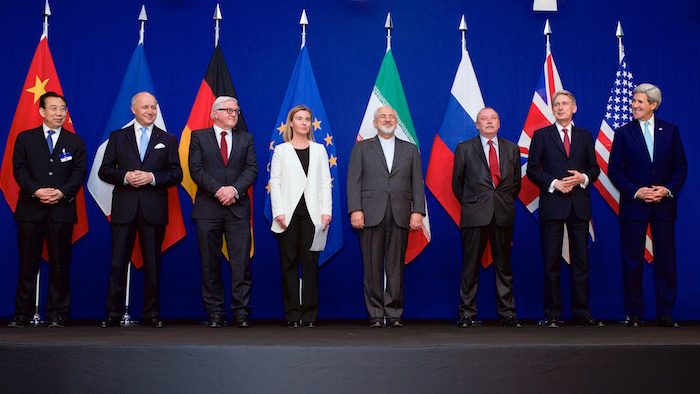WASHINGTON: President Donald Trump’s fury over leaked cables written by the British ambassador demonstrates the growing predicament faced by diplomats whose profession — once nearly synonymous with a stiff-upper-lip decorum — has become explosive in the era of internet leaks.
Trump — never one to be described as diplomatic — on Tuesday branded Ambassador Kim Darroch “a very stupid guy” and a “pompous fool” after a confidential missive described the White House as “uniquely dysfunctional.”
Darroch, representing a government that has assiduously courted Trump to preserve the “special relationship” between Washington and London, was burned after The Mail on Sunday obtained and published his cables.
While diplomats are trained to put on a polite smile and show an air of stability as they represent their countries overseas, they also serve a more discreet role — providing unvarnished, on-the-ground insight to their governments.
In the most sensational look at diplomats’ inner communications, the website WikiLeaks in 2010 published more than 250,000 internal cables from US diplomats, revealing their unfiltered takes on foreign leaders.
Brett Bruen, a former US diplomat who was director of global engagement in Barack Obama’s White House, said that the latest episode will change how ambassadors operate.
“We will see more ambassadors and diplomats reserve critical comments for calls and video conferences. Those, at least on secured lines, for the time being have not been hacked,“ he said.
Bruen, who runs the Global Situation Room communications firm, said that Trump was learning some hard truths about diplomacy after apparently believing that the British sincerely liked him after rolling out the red carpet for his state visit last month.
“Countries and ambassadors do things mostly out of their own self-interest and they will tell you whatever is necessary to secure your trust and support,“ he said.
Time-honored communications
Cables are a legacy of European diplomacy, when envoys traveling among royal courts sealed their messages in diplomatic pouches.
Such pouches remain protected under international law, with the United States still employing around 100 couriers to deliver classified and sensitive materials.
The advent of underwater lines led to the creation of “cables.”
Inside the US State Department, like many other foreign ministries, cable-writing has virtually grown into an art form taught to rookie diplomats, who know that a crisp, insightful memo can be seen at the top and provide a career boost.
Some of the authors of the cables published by WikiLeaks won praise — unsought — for their literary skills, as when the deputy US ambassador in Moscow wrote that some saw then president Dmitry Medvedev as playing Robin to the Batman of Vladimir Putin, Russia’s paramount leader since 2000.
In one significant reprisal, Ecuador — which later gave refuge to WikiLeaks founder Julian Assange — expelled the US ambassador over cables that suggested illegal activity by the national police chief.
Embarrassment over the cables made some diplomats’ positions untenable.
The US ambassador to Mexico quit after the release of his cables questioning the military’s commitment to fighting drug cartels, and the US envoy left Libya after remarking on then dictator Moamer Kadhafi’s fondness for a “voluptuous blonde” nurse from Ukraine.
Then secretary of state Hillary Clinton tried to make light of the WikiLeaks cables’ impact in comments that have a whole new meaning a decade later for Trump.
“You should see what we say about you,“ she quoted a foreign leader as telling her. — AFP















